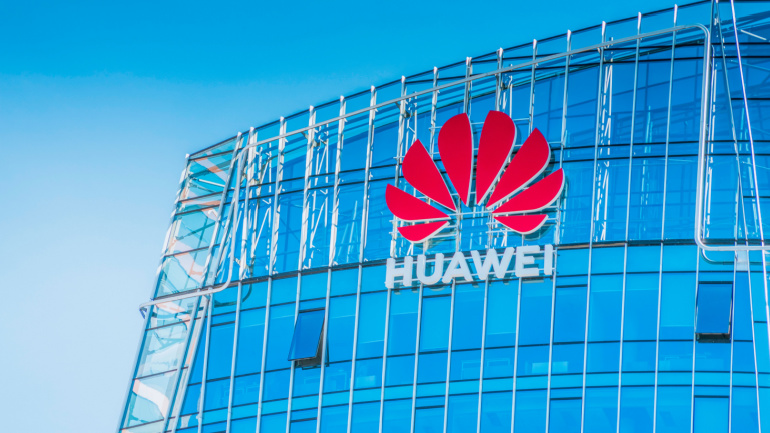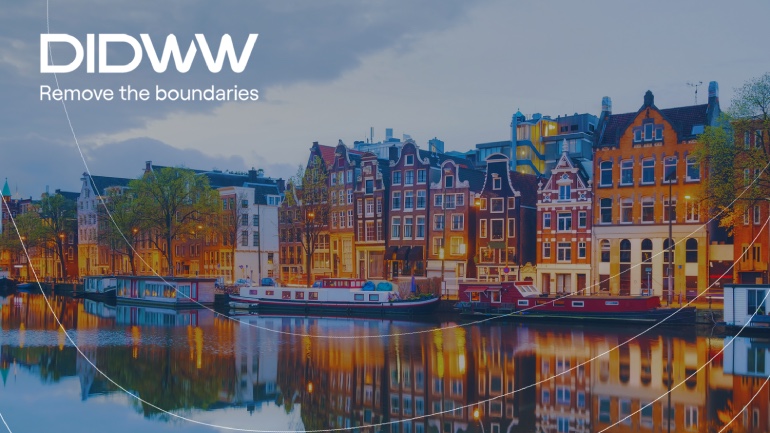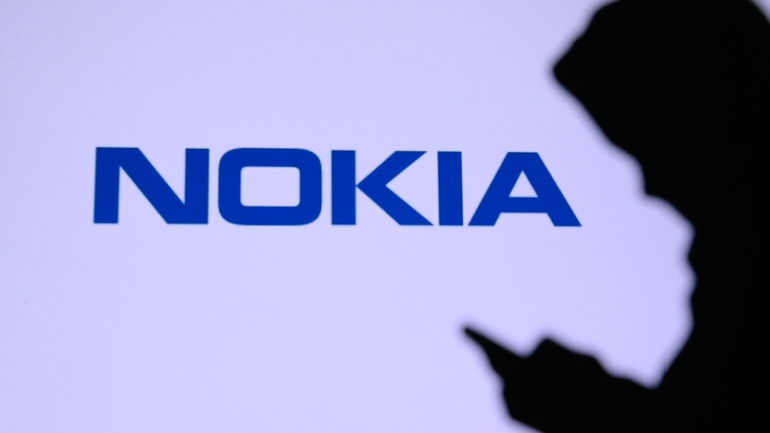As the new year unfolds, Vodafone has released a compelling report, underscoring the urgent need for regulatory reforms to bolster Europe’s telecommunications sector. The report, titled “Why Telecoms Matters,” paints a stark picture of the challenges Europe currently faces, emphasizing the pivotal role of mobile technology and digital transformation in overcoming these obstacles.
Despite Europe’s stride towards a digitally advanced future, the current uptake of 5G stands at only 2.5%. This stands in stark contrast to how tech giants like North America, China, Japan, and South Korea are faring. While European market figures on Fibre-to-the-Home (FTTH) appears promising, various challenges, including recent antidumping measures, have stymied progress and exacerbated the digital divide.
Voxility, a prominent Infrastructure-as-a-Service (IaaS) provider globally, is extending its reach in Europe with a strategic point of presence (PoP) situated within the Tier 3-built data center of AtlasEdge in London City. This collaborative effort aims to furnish Voxility’s clientele with scalable and cost-effective colocation services, coupled with high-speed, low-latency connectivity solutions. The Voxility PoP grants direct access to over 750 networks present at the London Internet Exchange (LINX).
Huawei’s new Paris Innovation Centre reflects its pledge to advance the tech landscape in Europe through collaboration. This £2 million-per-year initiative aims to cement positive relations between corporations and small-medium enterprises (SMEs). SMEs, the bedrock of Europe’s economy, often grapple with the complexities of digital transformation, an issue the Innovation Centre seeks to address.
In a strategic move to bolster its European presence, nLighten, the digital infrastructure platform under the umbrella of I Squared Capital, a renowned global infrastructure investor, has successfully acquired Gyro Center (“Gyro”), a high-performance data center situated in Amsterdam. This acquisition marks a significant stride for nLighten as it progresses towards realizing its ambition of establishing and operating the foremost data center platform in Europe.
The GSMA annual report depicts a thriving European mobile industry, contributing over €910 billion to the economy in 2022 with projections to hit the €1 trillion mark by 2030. Despite impressive mobile coverage across Europe, certain challenges persist. The report suggests mobile operators need to make sustained investments in networks to meet global competition, and regulatory reform is crucial. Yet, some caution that this could lead to higher prices and no increase in investment, exemplified by the US situation.
DIDWW, a global provider of premium quality VoIP communications, two-way SIP trunking and SMS services for businesses and telco carriers, has established its new Point of Presence (POP) in Amsterdam. This latest addition is now ready to deliver robust performance, efficiently handling customer voice traffic and ensuring enhanced connectivity.
HMD Global sets a new bar in smartphone manufacturing with the Nokia XR21, claiming ‘military-grade durability’ and localized data storage for improved security. Remarkably, this sturdy device boasts a chassis made from 100% recycled aluminium, affirming the company’s commitment to sustainability. As an added boon, it has moved its manufacturing to Europe, enhancing the product quality control. This move hints at the potential appeal of a ‘Made in Europe’ smartphone in an overwhelmingly Asian-dominated market.
Summoning a significant tide in the telecommunications sector, 20 notable European telco CEOS, under the GSMA, urge EU policymakers for a comprehensive revamp of the present regulatory environment. They key point is the mounting need for major tech corporations to contribute to telco infrastructure costs in the midst of a data traffic surge. However, critics argue such proposal infringes upon net neutrality principles and imposes a dual-end payments system.
Iliad, the French telecom operator, steps up to redefine Europe’s AI landscape, unveiling a Nvidia DGX SuperPOD, the first in Europe. Aimed for their Cloud division, Scaleway, it aims to accelerate AI services for businesses while securing a technological edge. Yet, questions on ROI and sustainability lurk amidst innovation.













